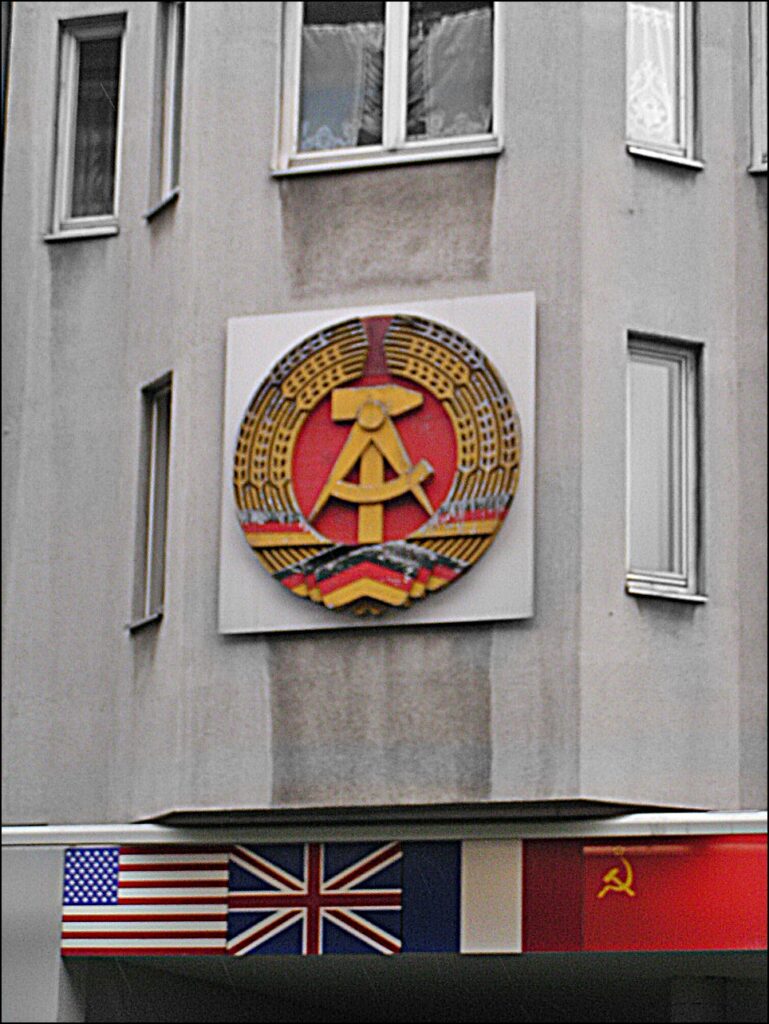A Day to Celebrate the Role of Television in Connecting and Informing the World On 21st November, we commemorate World Television Day, a UN-designated day recognising television’s critical role in... Read more
History: East German uprising of 1953
On June 17, 1953, the German Democratic Republic (GDR) witnessed a monumental uprising that would echo throughout history as a symbol of the relentless pursuit of freedom from totalitarianism. This rebellion, primarily initiated by workers, rapidly transformed into a nationwide protest against the oppressive regime of the Socialist Unity Party (SED). The events of this day, often referred to as the East German Uprising, are emblematic of the broader struggle for liberty and democracy, shedding light on the importance of global frameworks like the Sustainable Development Goals (SDGs) in promoting freedom, justice, and equality today.
The roots of the June 17 uprising lay in economic discontent. The GDR government had recently increased work quotas for construction workers without corresponding wage adjustments, exacerbating already harsh economic conditions. On June 16, 1953, construction workers in East Berlin went on strike, demanding the reversal of these quotas. By the next day, the protest had escalated into a mass movement, with hundreds of thousands of workers from various sectors joining in. Their demands quickly broadened to include political reforms such as free elections, the resignation of the government, and the release of political prisoners.
The GDR regime, backed by the Soviet Union, responded with brutal force. Soviet tanks and troops were deployed to suppress the uprising, resulting in numerous deaths and injuries, and leading to the arrest of thousands of protestors. The swift and violent repression underscored the regime’s reliance on Soviet military support to maintain its power.

Despite the immediate suppression of the uprising, its long-term impact was profound. It exposed the deep-seated dissatisfaction within East German society and demonstrated the regime’s vulnerability. The bravery of the protestors resonated beyond East Germany, inspiring other resistance movements within the Eastern Bloc. In West Germany, June 17 was designated as the “Day of German Unity,” serving as a day of remembrance and solidarity with those oppressed in East Germany.
Historically, the uprising is a significant early challenge to the Soviet-dominated Eastern Bloc, prefiguring later uprisings in Hungary (1956), Czechoslovakia (1968), and Poland (1980-1981). These collective acts of resistance eventually contributed to the erosion of Soviet control in Eastern Europe and the ultimate collapse of communist regimes.
In contemporary times, the legacy of the June 17 uprising underscores the universal quest for freedom and justice. This historical moment is a powerful reminder of the sacrifices made in the fight against tyranny and the enduring human spirit that seeks democratic governance. The importance of this legacy is further highlighted by the adoption of the United Nations’ Sustainable Development Goals (SDGs), which provide a global framework for promoting peace, justice, and strong institutions (SDG 16), reducing inequality (SDG 10), and ensuring decent work and economic growth (SDG 8).
The SDGs represent a collective commitment to addressing the root causes of inequality and oppression that fueled uprisings like the one on June 17, 1953. By striving to eliminate poverty, promote inclusive and sustainable economic growth, and ensure equitable access to justice, the SDGs aim to create conditions where such oppressive regimes cannot flourish. They are vital in building a world where the fundamental rights and freedoms of all individuals are respected and protected.
In conclusion, the June 17, 1953 uprising in the GDR stands as a pivotal moment in the struggle against totalitarianism. It symbolizes the unyielding human desire for freedom and democracy. Today, as we reflect on this historical event, the SDGs serve as a crucial framework to prevent the conditions that lead to such uprisings, promoting a world where justice, equality, and peace are attainable for all. The legacy of June 17 reminds us of the importance of these goals and the necessity of continued global cooperation to ensure a free and just world.








